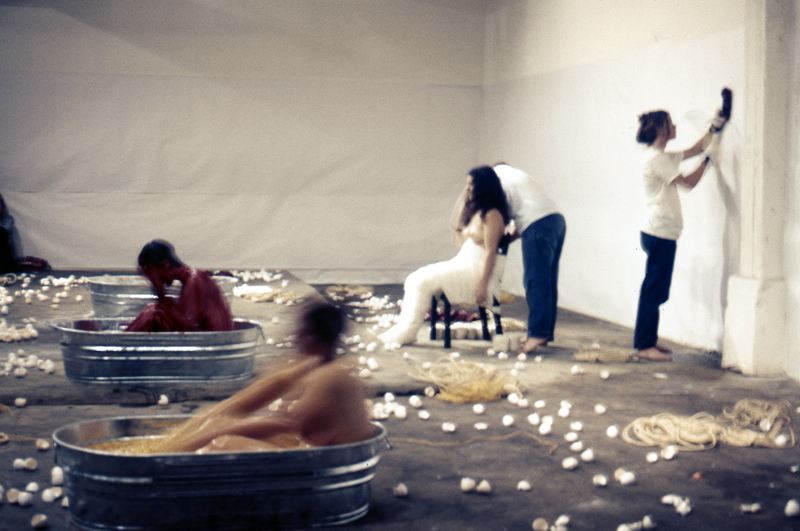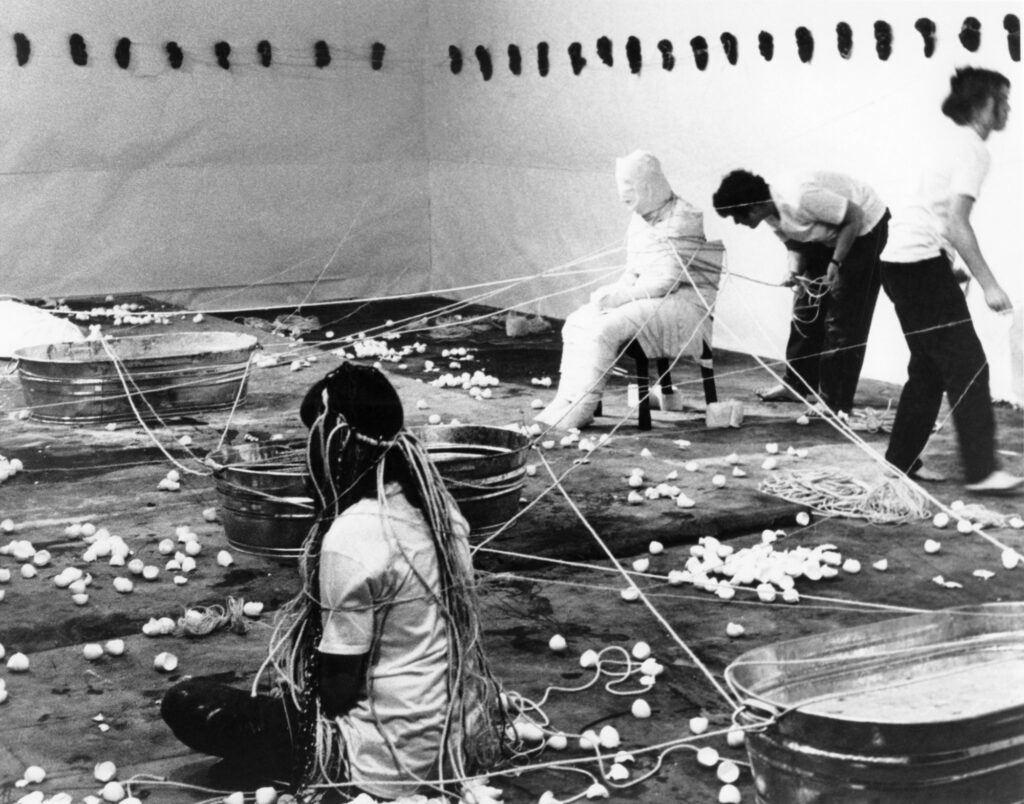These two readings has really cleared up my understanding of identity politics. In the reading “Too Latina to be black, Too black to be Latina”, I realized that Afro-latinos have always had it hard. Alechia Williams talks about her experience about being afro-latina. Willams talks about how difficult it was for her during school. For her, the people at school will always stereotyping her. In today’s society, Afro-latina are always told that they are either too black or too Hispanic. Society tries to make Afro-latinos chose one of the other. In “The Power of Identity politics” is talks about how identity politics was created and how it is still in today’s society. In the reading, the blonde girl is talking about a movie that has an Egyptian man and how he is her favorite, then proceed to be against what the guy said about more diversity. She goes on to say that it’s not being black or white cause they are all the same. These reading shows me that how people try to downplay different experiences that people of color have faced.

